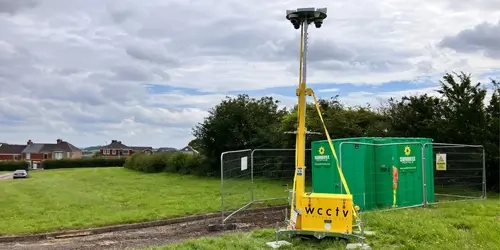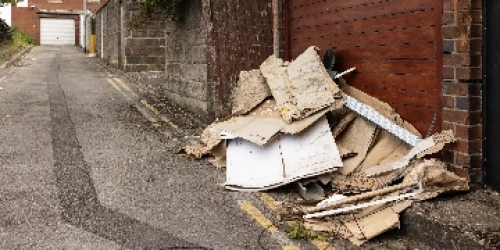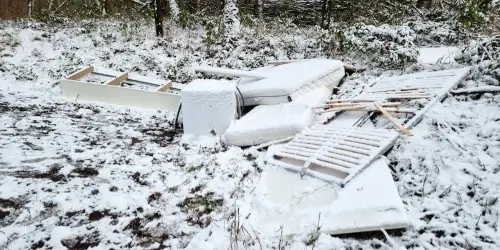

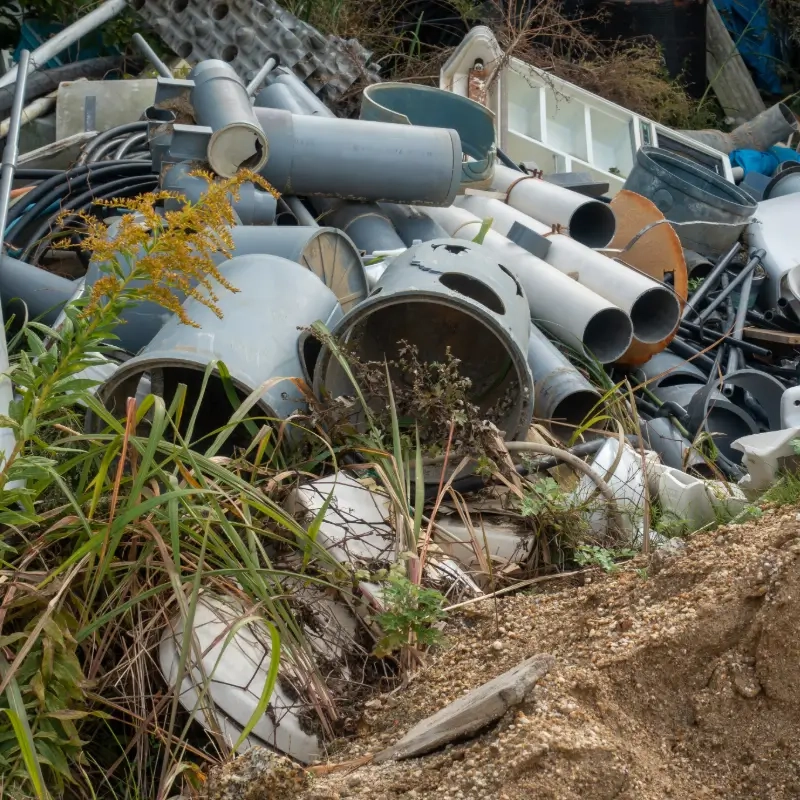
A Costly and Relentless Crime
Fly-tipping is one of the most persistent and expensive issues facing councils, landowners and environmental agencies.
Incidents are recorded in their hundreds of thousands each year, with waste often dumped in parks, laybys, alleyways and rural roads.
The true cost of fly-tipping extends far beyond clean-up. It damages local environments, poses public health risks, attracts further criminal behaviour and erodes public confidence in enforcement.
While local authorities are under pressure to deliver more with less, dealing with repeat offences at persistent hotspots can feel like an uphill battle.
The majority of fly-tipping incidents involve household waste, but the dumping of commercial, industrial and hazardous materials is not uncommon.
Offences often occur under the cover of darkness, making them difficult to detect and investigate without live video surveillance or clear visual evidence.
A Smarter Way to Tackle Fly-Tipping
Mobile CCTV systems are one of the most effective tools for reducing fly-tipping, not just by capturing incidents but by deterring them in the first place.
WCCTV’s rapid deployment cameras are overt, highly visible units that can be quickly located at known fly-tipping hotspots without the need for fixed infrastructure or power supplies.
Cameras can be positioned exactly where they’re needed most, with the flexibility to move as problems shift. High-definition footage supports investigation and prosecution.
Additional features such as automatic number plate recognition (ANPR) and AI-based video analytics can assist in identifying repeat offenders, tracking vehicle movements and flagging suspicious behaviour.
This targeted approach helps local authorities and landowners address persistent fly-tipping problems with greater speed, confidence and evidential strength.
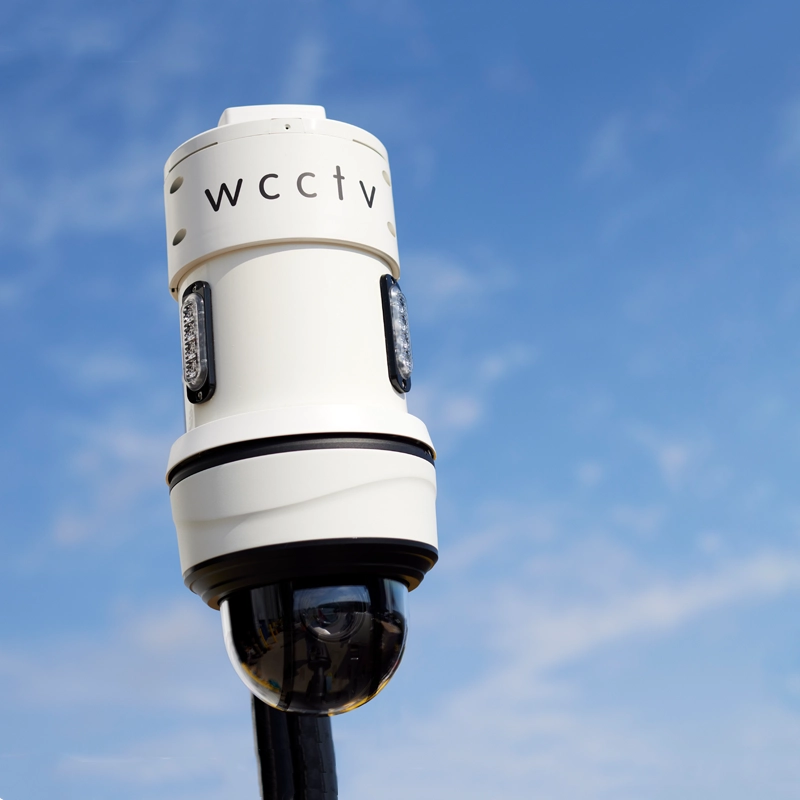
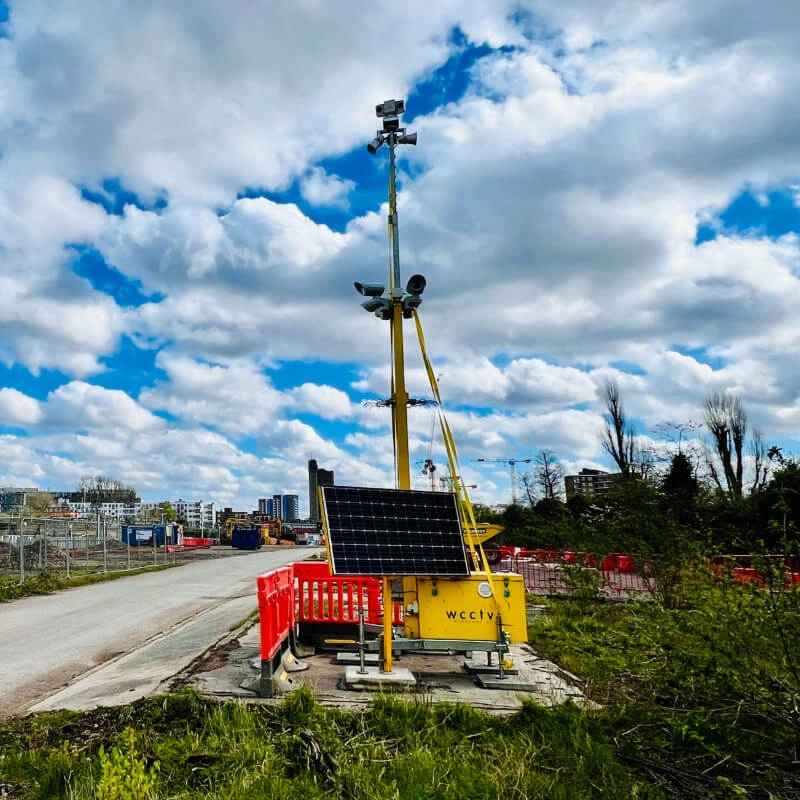
Cameras Designed for Fly-Tipping Reduction
Fly-tipping occurs in parks, alleyways, lay-bys and rural roads, where power, internet connectivity and mounting infrastructure are not always readily available.
WCCTV’s solutions are tailored for these locations, operating without fixed power or internet, and delivering clear video evidence in any conditions. Our core products for fly-tipping reduction include:
No matter what kind of location you are looking to protect from environmental crime, we have a solution that will help catch or deter fly-tipping. All systems are available to rent or buy, depending on your deployment needs.
Purpose Built for Envirocrime Reduction
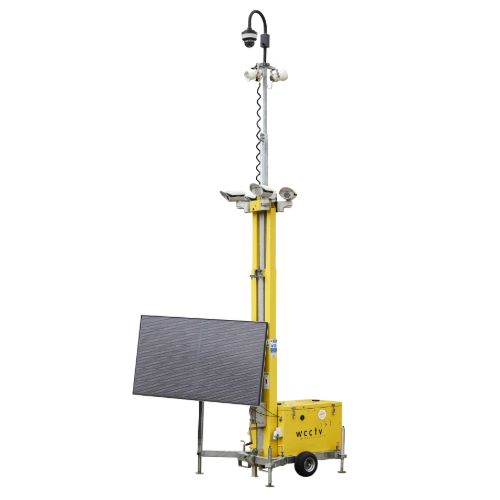
CCTV Towers
Solar Fuel Cell Tower
WCCTV's Solar Fuel Cell Tower is a rapid deployment CCTV tower designed to provide autonomous site security at locations without power availability.
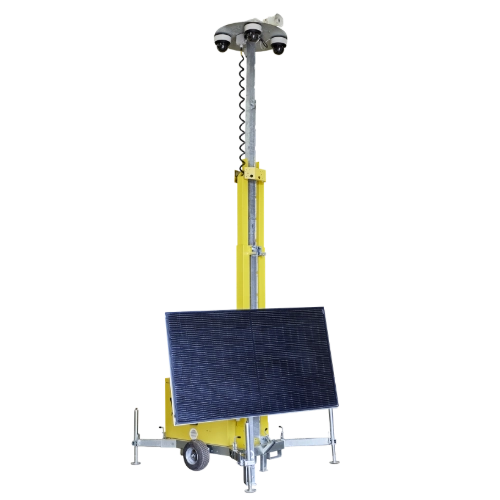
CCTV Towers
Smart Tower
WCCTV's Smart Tower utilises AI video analytics to automatically detect unauthorised activity and initiate a remote crime prevention response.
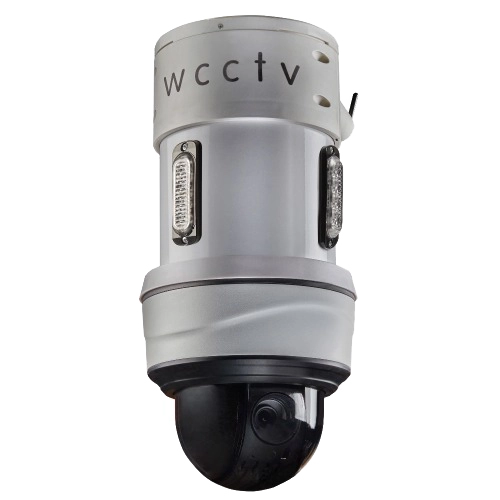
Redeployable CCTV Cameras
4G IR Mini Dome
WCCTV's 4G IR Mini Dome is a rapidly deployable CCTV system that provides live and recorded video wirelessly.
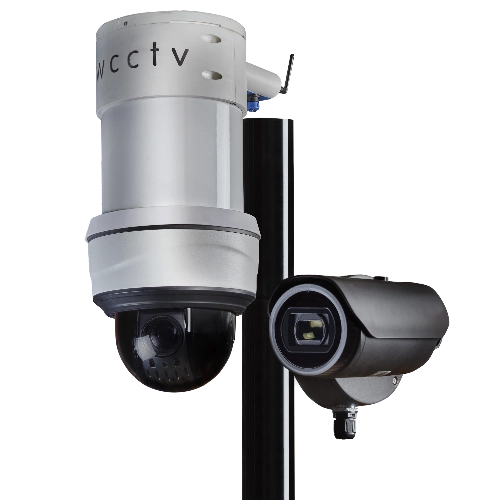
Redeployable CCTV Cameras
Redeployable CCTV with ANPR Integration
WCCTV’s 4G IR Speed Dome with ANPR system combines the benefits of redeployable CCTV with Automatic Number Plate Recognition.
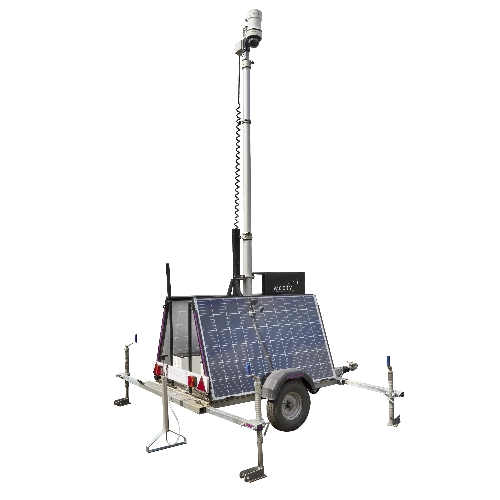
Redeployable CCTV Cameras
Solar CCTV Trailer
The WCCTV 4G Solar Trailer is an autonomously-powered surveillance trailer that can be rapidly deployed at practically any location.

Proven Technology Trusted by Local Authorities
WCCTV works with more than 450 departments across UK local authorities, providing surveillance systems that deliver results. Our cameras are easy to deploy, simple to manage and deliver the visual evidence you need to tackle fly-tipping.
Our pedigree covers:
Our pedigree in helping clients reduce fly-tipping is unmatched and our expertise unrivalled. Speak to us today to request a demonstration.
Real Results in the Fight Against Fly-Tipping
As part of the “Don’t Mess with Wiltshire” fly-tipping initiative, Wiltshire Council deployed a number of CCTV Towers at known fly-tipping hotspots in rural laybys.
The goal was to deter illegal waste dumping and gather evidence to support enforcement actions in areas that could not be covered by traditional CCTV systems.
At 6m tall and painted bright yellow, the towers provided a strong visual deterrent while capturing high-quality footage of any incidents that occurred.
This evidence enabled the council to issue Fixed Penalty Notices and pursue prosecutions, reinforcing their zero-tolerance stance on fly-tipping.
“We are fighting back with these CCTV cameras, which will help to prevent littering and catch culprits in the act,” said Cllr Dominic Muns, Cabinet Member for Waste and Environment.
The initiative led to a 31% increase in fly-tipping prosecutions year-on-year, demonstrating the effectiveness of the CCTV Towers.
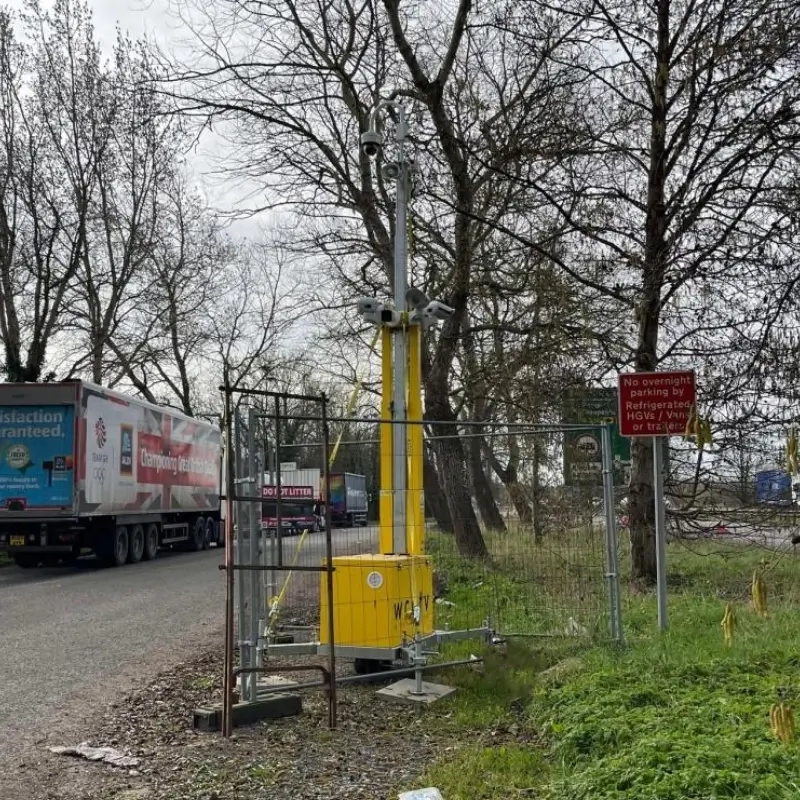
Where Can WCCTV Cameras Be Deployed to Prevent Fly-Tipping?
Our systems can be installed in virtually any location, including alleyways, laybys, parks, farmland and other public or private land. No mains power or internet is required.
Do WCCTV Cameras Provide Footage Suitable for Issuing FPNs?
Yes. All systems record in high definition and include time and date stamping, ensuring the footage can support Fixed Penalty Notices and legal action.
How Quickly Can Cameras Be Deployed to a Known Hotspot?
Systems are ready to deploy and can usually be installed within 24 to 48 hours, depending on location and access requirements.
Can the Cameras Capture Vehicle Number Plates?
Yes. Our ANPR-equipped systems are designed to record vehicle number plates, supporting enforcement teams in identifying offenders and repeat visitors.
Request a free trial or demonstration
If you'd like any further information on our CCTV systems for fly-tipping reduction, or would like to request a free trial, fill out your details and we will be in touch.
From the Blog

